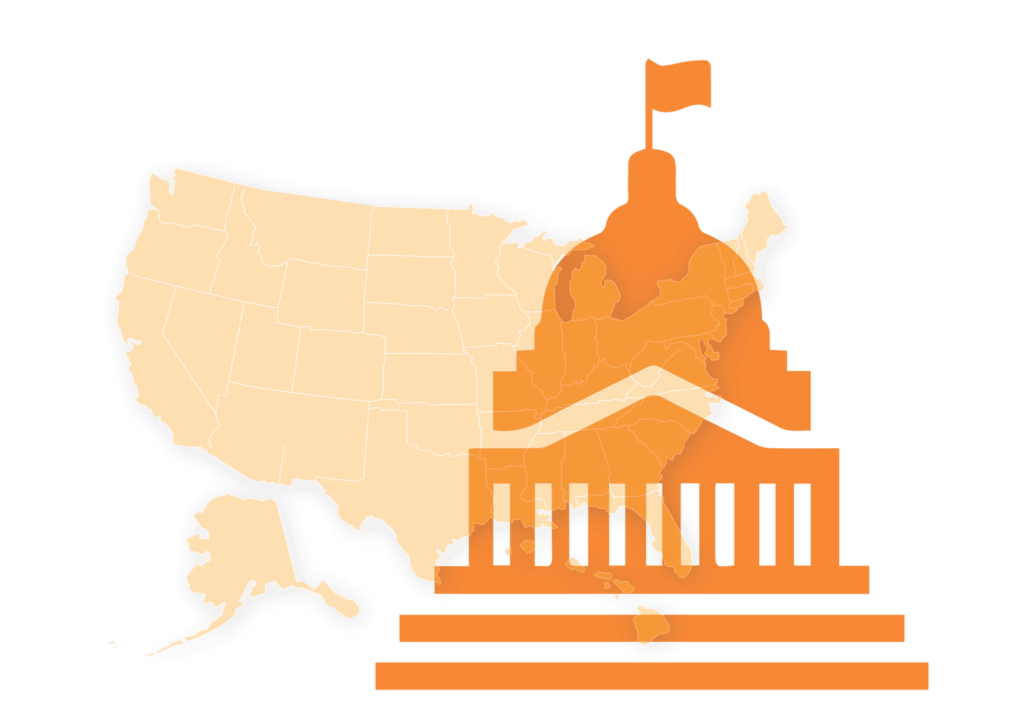Dear Speaker Pelosi, Leader Schumer, Chairman Sanders, Chairman Yarmuth, Chairwoman Murray, and Chairman Scott:
As discussions surrounding the upcoming budget reconciliation proceed, we, the undersigned civil rights, education, and immigration organizations, write to ask you to ensure that educational equity is sufficiently funded as a cornerstone of advancing recovery and building back better. Specifically, we ask that the needs of Black, Indigenous, and other People of Color (BIPOC) students, students from families with low-incomes, English learners, students with disabilities, and students experiencing homelessness, foster care, or engaged in the juvenile justice system be prioritized. These students have been historically, and are presently, underserved in educational settings and are also disproportionately harmed by the on-going health, economic, and educational impacts of the COVID-19 crisis.
We recognize that all students and their families have encountered disruptions, including the transition to online learning; lack of consistent peer and school staff relationships; the loss of treasured activities and needed jobs; and the overall stress and emotional toll of the pandemic on their families and communities. Teachers, school leaders, and other school personnel are also feeling these disruptions and experiencing similar trauma due to uncertainty caused by this crisis. The pandemic has amplified and highlighted existing inequities in the education that we provide to children from different backgrounds, which must be addressed in the budget and reconciliation packages that you champion.
Education will play a critical role in the personal and economic recovery of students and communities from COVID-19. As such, we urge you to include in the budget resolution no less than $800 billion in reconciliation instructions to the Senate Health, Education, Labor and Pensions and the House Education and Labor Committees, specifically to invest in early childhood, K-12, and post-secondary education; support caregivers, teachers, and school leaders; and to strengthen learning infrastructure, including:
Modernizing physical school infrastructure by:
- Providing $100 billion in direct grants and $30 billion in bonds for K-12 public school facilities, consistent with the Reopen and Rebuild America’s Schools Act
Supporting students and families by:
Early Childhood Education
- Providing $425 billion for universal pre-school and expanded access to child care for working- and middle-class families that prioritizes serving those families most affected by the pandemic, prevents harmful disciplinary practices, facilitates diverse learning environments, and collects better disaggregated data about affordability and access
K-12
- Maintaining funding by allocating $40 billion for the Emergency Connectivity Fund to continue to close the digital divide
- Providing $300 million for the Education for Homeless Children and Youth (EHCY) program to support the identification, enrollment, participation and success of students experiencing homelessness who have been largely disconnected from schools and essential services provided through them as a result of school building closures
Higher Ed
- Doubling the Pell Grant in the face of widespread job loss, uncertainty about college enrollment, and structural racial and financial inequities in college access and attainment
- Investing $90 billion in Historically Black Colleges and Universities (HBCUs), Tribal Colleges and Universities (TCUs), and Minority Serving Institutions (MSIs)
- Creating a federal-state partnership in higher education to enable a pathway to debt-free college for millions of students, including students who take college courses while still in high school
- Providing $62 billion for a dedicated higher education funding stream for institutions serving large percentages of low-income students to promulgate evidenced-based programs that support college completion, including by providing wraparound services for students and supporting their successful transition from high school to postsecondary education
Supporting a well-prepared and diverse teacher and school leader workforce by:
- Creating a $1.6 billion fund to help teachers earn additional certifications in high-demand subjects and in certifications that are associated with greater effectiveness
- Investing $2 billion in teacher leadership programs, such as high-quality mentorship programs for teachers of color
- Allocating $2.8 billion to comprehensive preparation programs through the Teacher Quality Partnership Grant Program (TQP)
- Awarding $400 million to the Augustus F. Hawkins Centers of Excellence
- Allocating $900 million to the Individuals with Disabilities Education Act (IDEA), Part D’s personnel preparation program
- Doubling the TEACH Grant Award amount and eliminating or reforming the loan conversion penalty
Thank you for your consideration.
Sincerely,
Alliance for Excellent Education
Center for American Progress
Education Reform Now
Learning Policy Institute
National Center for Learning Disabilities
National Urban League
SchoolHouse Connection
Teach Plus
The Education Trust
UnidosUS

 July 31, 2021 by
July 31, 2021 by 


